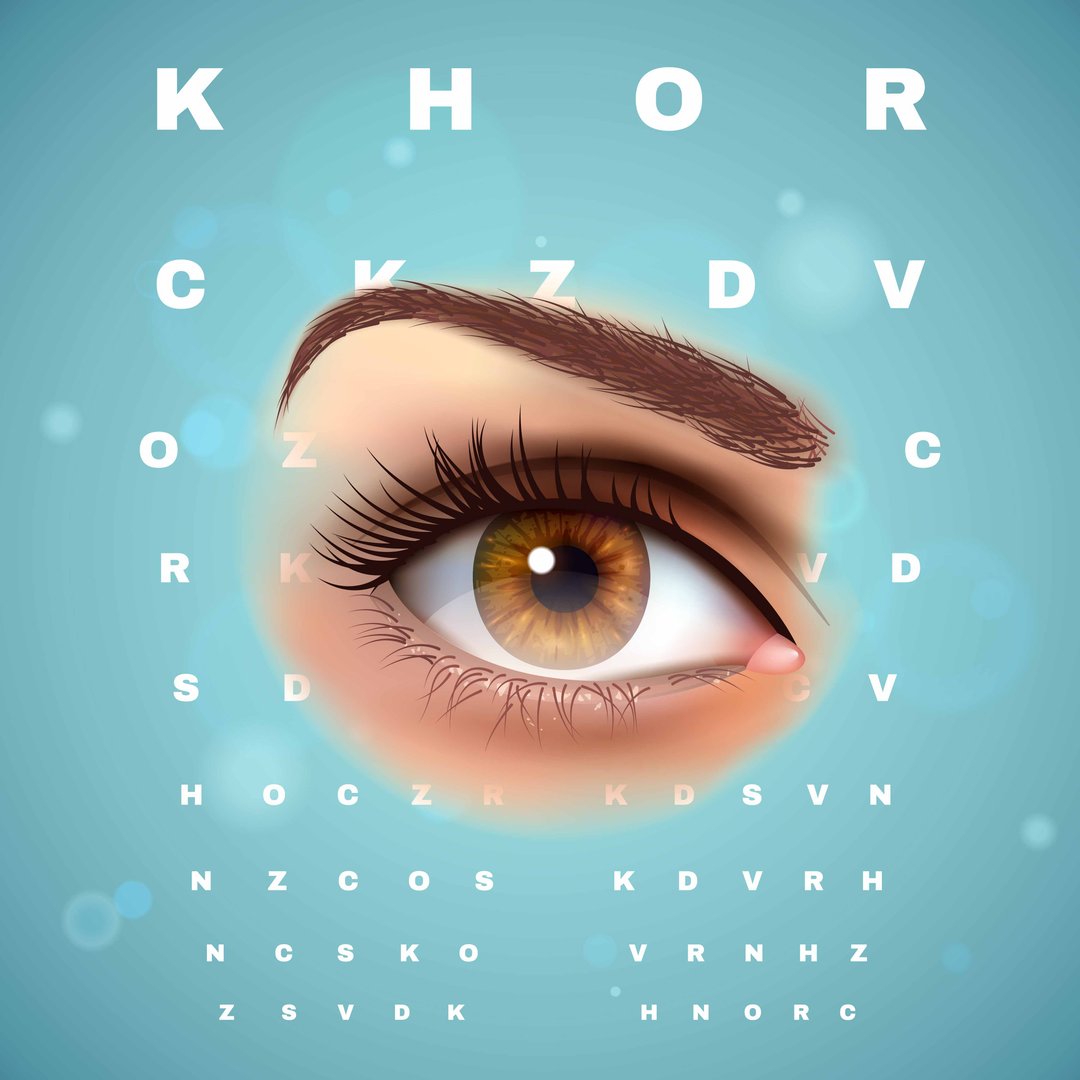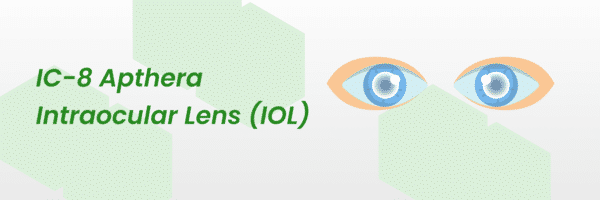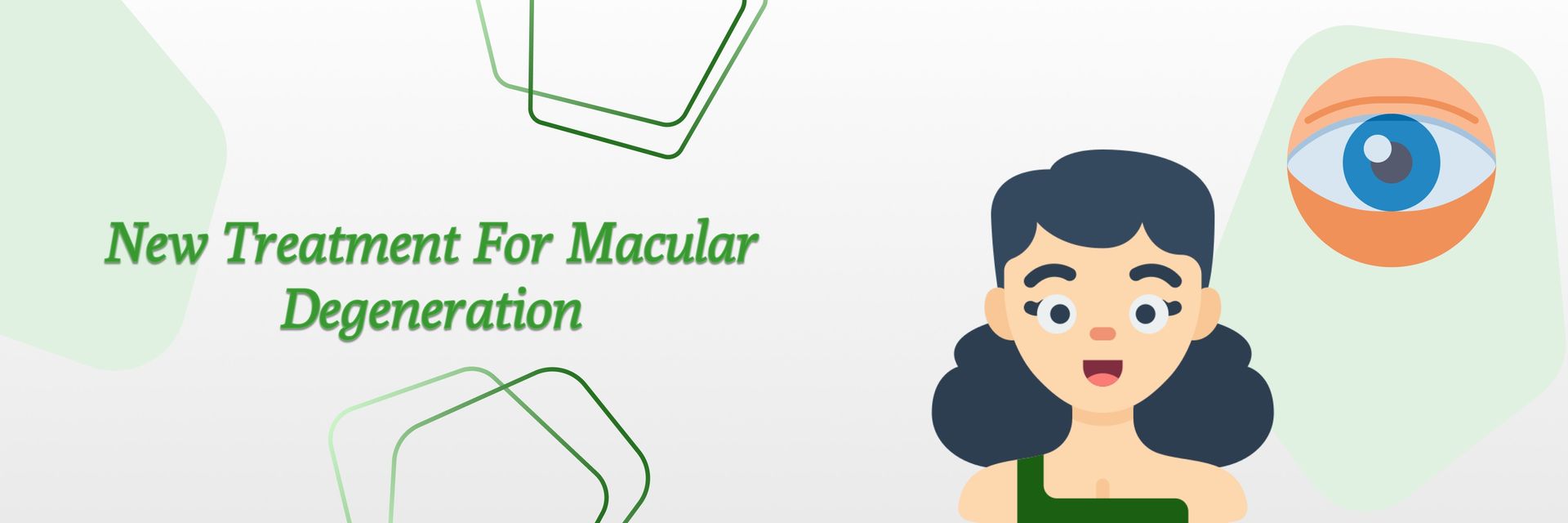Did you know stress can lead to blindness?
Yes, you heard that right. This condition, called Post Traumatic Psychogenic Blindness (PTPB), happens when emotional stress causes someone to lose their sight without any physical damage to the eyes. It's uncommon, but about 1% of people who visit eye doctors might show symptoms of PTPB. This shows how strong the connection is between our minds and our bodies.
Understanding PTPB helps us see why it’s so important to take care of our mental health—it truly does impact our physical health. Knowing this can help us look after ourselves better.
Curious to learn more about how stress can impact your vision? Let's find out more about this condition.
If you or someone you know might be facing issues with vision and stress, seeing a eye specialist could help.
Psychogenic blindness is a unique type of vision loss where a person cannot see, and yet, their eyes are healthy. This happens because of psychological reasons, not physical issues.
Here’s what sets psychogenic blindness apart from other vision problems:
- No Physical Damage: The eyes and optic nerves are intact; the issue lies in how the brain processes sight.
- Psychological Causes: It often results from severe stress or emotional trauma.
- Conversion Disorder: This condition is an example where emotional distress manifests as physical symptoms.
Causes of Post-Traumatic Psychogenic Blindness
Post Traumatic Psychogenic Blindness (PTPB) often starts with severe psychological trauma. This kind of trauma can trigger a unique response where the mind affects the body in unexpected ways, including loss of sight.
Here’s how psychological trauma can lead to PTPB:
- Traumatic Events: Experiences like accidents, violence, or intense loss can overwhelm the mind to the point where it 'shuts down' certain functions, including vision, as a protective measure.
- Mind-Body Connection: Our brains are wired to protect us. Sometimes, in extreme stress, this can mean blocking out sensory input that’s too painful to process, which can include sight.
If you’re experiencing any symptoms following a traumatic event, reaching out to a healthcare professional or eye hospital can provide crucial support. Talk to us today.
Not sure what to look for with psychogenic blindness?
Symptoms and Diagnosis
Here’s what might happen if someone is experiencing Post Traumatic Psychogenic Blindness (PTPB):
Common Signs and Symptoms
- Sudden Vision Loss: The loss of sight with PTPB is usually abrupt, following a stressful event.
- No Pain: Unlike some other eye conditions, psychogenic blindness doesn’t involve pain.
- Visual Functionality: The eyes might still react to light, and pupils could adjust, which is unusual for blindness with a physical cause.
How Doctors Diagnose Psychogenic Blindness
Diagnosing PTPB involves ruling out other causes first, as the symptoms can resemble those of other vision impairments:
- Medical and Eye Exams: A thorough physical examination to check for any underlying physical eye issues.
- Psychological Evaluation: Since PTPB is linked to psychological factors, mental health assessments are crucial.
- Diagnostic Tests: These might include imaging tests like MRI to exclude neurological causes, and vision tests to assess how the eyes respond to stimuli.
Can you imagine not being able to see, even though your eyes are fine?
Impact on Quality of Life
For those dealing with Post Traumatic Psychogenic Blindness (PTPB), this sudden change can affect their daily lives and well-being.
Daily Challenges
- Navigating Spaces: Simple tasks like moving around the house or going to work become daunting without sight.
- Personal Independence: Loss of vision can lead to reliance on others for many daily activities, impacting personal freedom.
- Communication Barriers: Non-verbal cues are lost without sight, complicating social interactions.
Psychological and Social Implications
- Emotional Distress: The sudden loss of sight, especially when linked to trauma, can lead to depression, anxiety, and isolation.
- Social Withdrawal: Struggling to interact in usual social settings can isolate individuals, leading to withdrawal from social life.
- Stigma and Misunderstanding: Because PTPB stems from psychological issues, sufferers might face stigma or lack of understanding from others who might not see it as a "real" blindness.
Feeling overwhelmed by how life can change with PTPB? It’s important to recognize these challenges to foster empathy and provide appropriate support for those affected.
Treatment Options
Facing psychogenic blindness after trauma? Here are some ways to cope.
Psychological Therapies
- Cognitive Behavioral Therapy (CBT): Helps individuals recognize and change negative thought patterns that may contribute to their condition.
- Psychotherapy: Provides a safe space to explore emotions and coping strategies related to trauma and blindness.
Role of Support Groups and Rehabilitation
- Support Groups: Connecting with others facing similar challenges can provide empathy, understanding, and practical tips for managing daily life.
- Rehabilitation Services: Offer training and tools to help individuals adapt to life with vision loss, including mobility training and assistive technology.
Struggling with psychogenic blindness? You're not alone. Seeking therapy and joining support groups can help you navigate this challenging journey , call us to book your appointment today
Preventing Psychogenic Health Issues
Want to safeguard your mental health from trauma-related issues? Here’s how:
Importance of Addressing Mental Health
- Early Intervention: Recognize and address stressors or traumatic events to prevent long-term psychological effects.
- Regular Check-Ins: Focus on mental health check-ins as you would physical check-ups to catch issues early.
Strategies for Trauma Prevention and Management
- Stress Management: Practice relaxation techniques like deep breathing, meditation, or mindfulness to reduce stress.
- Healthy Coping Mechanisms: Develop healthy coping strategies such as exercise, hobbies, working with a psychiatric service dog, or talking to friends and family.
- Seek Professional Help: Don’t hesitate to contact mental health professionals for support and guidance when needed.
Prioritizing your mental health now can prevent future struggles. Take proactive steps to safeguard your well-being.
Conclusion
Reflecting on our journey through the world of psychogenic blindness. We’ve explored how emotional trauma can manifest as physical blindness, impacting daily life and mental well-being. Understanding the causes, symptoms, and treatment options is crucial for those affected and their loved ones.
Remember, you’re not alone in this journey. Seeking professional help and connecting with supportive communities can provide invaluable support and guidance.
FAQs
Q: Is psychogenic blindness permanent?
A: It can vary. With proper treatment and support, some individuals may regain their sight, while others may experience long-term challenges.
Q: Are there any known risk factors for psychogenic blindness?
A: While anyone can develop psychogenic blindness, individuals with a history of trauma or underlying mental health conditions may be more susceptible.
Q: How can I support someone with psychogenic blindness?
A: Offer empathy, understanding, and practical help. Encourage them to seek professional help and connect with support groups.
Q: Can psychogenic blindness be cured?
A: Treatment focuses on addressing underlying psychological factors. With therapy and support, many individuals experience improvement in their symptoms.
References







